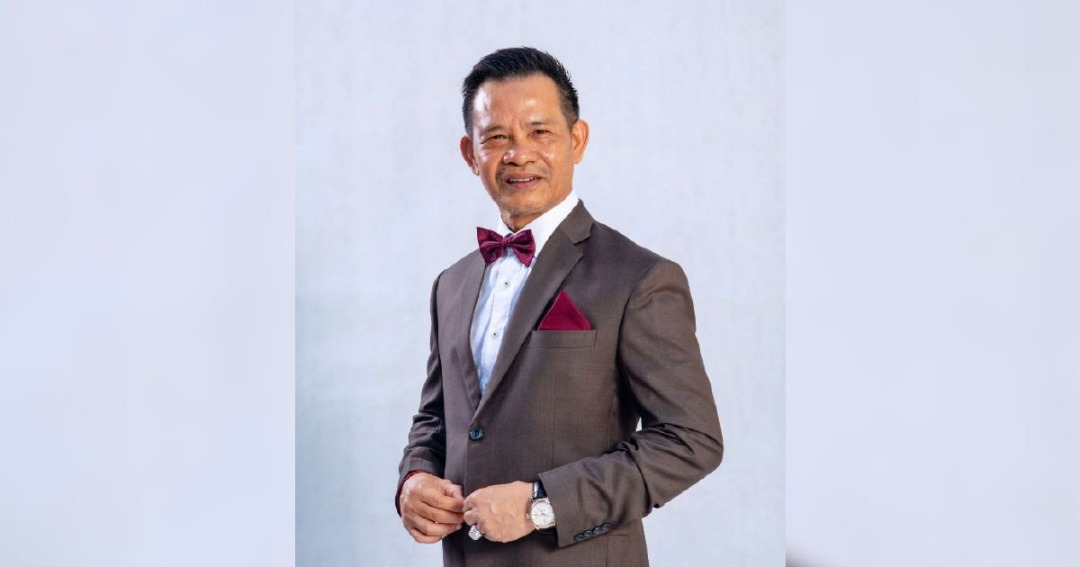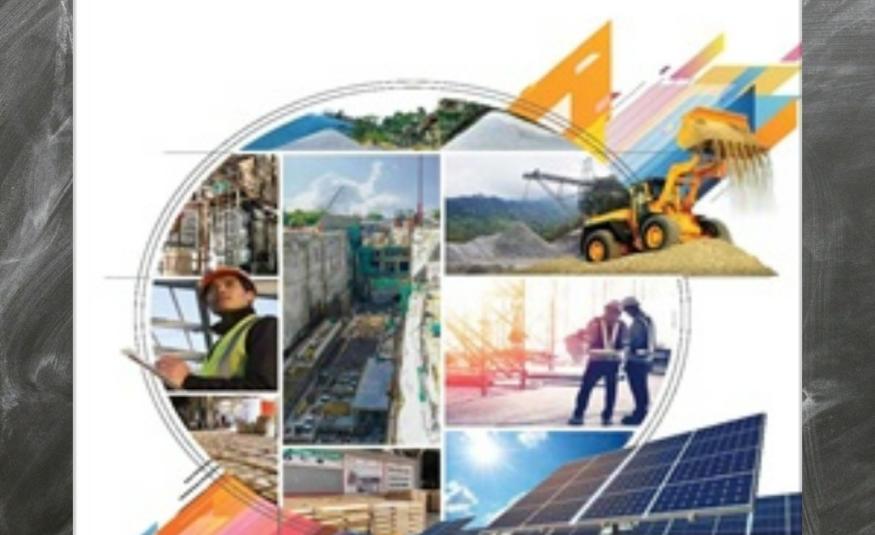KUALA LUMPUR 16 June - Minetech Resources Berhad, through its wholly-owned subsidiary, Techmile Resources Sdn Bhd (TRSB), won a contract from ARNN Technologies Sdn Bhd to design and fabricate an integrated data centre.
The contract comes on the heels of TRSB’s acquisition of a local financial technology solutions firm, Uniqa (M) Sdn Bhd, which specialises in providing a suite of payment solutions aimed at transforming TRSB into a full-stack fintech solutions provider in Malaysia.
Once one of Malaysia’s largest aggregate mining conglomerate, Minetech is today aiming to tap the rapid pace of today’s technological revolution and digitalization through diversifications into the financial technology and telecommunications industry.
Executive Chairman, Pengiran Dato’ Awang Daud Awang Putera said, despite the disruptive nature of the pandemic, Minetech plans to aggressively shift our focus on the financial technology and telecommunications sectors this year as part of our diversification strategy to expand into areas with huge growth opportunities.
Demand for digitalised financial services, he adds, have spiralled sharply in Malaysia and throughout the world, and Minetech wished to ensure that TRSB can leverage off these opportunities and become a regional payment solutions provider over the next five years.
Minetech acquired Uniqa earlier in the year to leverage off its expertise in the domestic remittance market, which has grown by a staggering 47% to approximately RM52.4 billion in 2018 from a mere RM35.57 billion in 2012.
“We will be expanding our remittance coverage and services, as well as introduce additional remittance and financial products by this year”, asserts Awang Daud in a statement.

Meanwhile, Konsep Khas Sdn Bhd, in which Minetech holds a 55% stake was last week (11 June 2021) awarded with the supplying, designing, constructing, completing, testing and commissioning of telecommunication structures under the Universal Service Provision (USP) and the Malaysian Communication and Multimedia Commission’s Projects in Sarawak through Valsa (Sarawak) Sdn Bhd.
The project sites shall include but not solely limited to SMK Kubong, Sujan Estate, Kampung Danau, Kampung Angus Selatan and Kampung Kawang.
“The domestic telco market has witnessed strong growth in recent years, and I envisage that the upward trend will continue to rise within the next several years especially with the introduction of 5G in Malaysia. Demand for telco services will continue to increase largely due to population growth, rising smartphone ownership and the need for efficient communications”, bellows Awang Daud.
For the record, the Malaysian Government, under the Malaysian Communications and Multimedia Commission (MCMC) has allocated a total of RM7.4 billion under Budget 2021 to build and upgrade broadband services for 2021 and 2022. This was announced by Finance Minister Datuk Seri Tengku Zafrul Abdul Aziz in Kuala Lumpur on November 6, 2020. Tengku Zafrul in the same statement also mentioned that a total of RM500 million would also be allocated to implement the National Digital Network initiative (JENDELA) to ensure the connectivity of 430 schools nationwide.
Sarawak Telco Outlook
Meanwhile Sarawak Multimedia Authority (SMA) General Manager, Dr Zaidi Razak had on January 15, 2021, revealed that the digital infrastructure covering mobile broadband, satellite broadband, high-speed broadband and fixed wireless access (FWA) will be implemented under Sarawak Multimedia Authority Rural Telecommunication (SMART) and MCMC’s National Digital Network (Jendela) plans.
For the record, plans are in the pipeline to install approximately 1,236 telco towers across Sarawak this year with focus given to address the critical need for remote rural connectivity. The Sarawak portion of the Jendela initiative with 636 new sites, makes up approximately 38.3% of the total 1,661 sites allocated throughout the country, while the SMART plan will contribute another 600 towers to Jendela in the form of the First300 and Next300 projects.
In addition, the Sarawak state government has also allocated RM50 million to install Very Small Aperture Terminal (VSAT) stations throughout the state to improve connectivity in under-served rural areas.
“Sarawak is a very huge state, divided by a variety of different topography. Some areas are not accessible by road, some not even by roads and rivers but only via air. Yet, these areas are populated, either densely or sparsely and the population must have the means to connect to the outside world, especially when we are living in the 21st century today”, utters Awang Daud.
Minetech, he adds plans to work closely with the Sarawak state government and the relevant governmental agencies to achieve the State’s overall connectivity plan to achieve mobile coverage for 99.9% of populated areas in the state. “It is only through this that we would be able to provide quality telecommunications and broadband access as well as unrestricted choice of mobile network for the general public throughout Sarawak at an affordable rate”, articulates Awang Daud.
5G Outlook in Sarawak
Sarawak will begin to install 5G infrastructures in selected urban areas within the state in the next 10 years, starting with the launch of Malaysia’s first 5G Test Bed which will be sited at the Centre of Technical Excellence Sarawak soon.
It may take longer to longer due to the geographical nature of the state, especially in rural areas where connectivity is still an issue. Nonetheless, the Sarawak state government plans to complete a large percentage of these exercises in line with the state’s economic development direction which is to have all economic sectors driven by technology by the year 2030.
Minetech began life in 1977 and was listed in 2005. Its core business was traditionally in mining, where it conventionally operates a network of quarries around Malaysia and overseas, as well as specialising in civil engineering works, including drill and blast services, earthworks, road pavement projects and building construction.
The company has however extended its focus into new areas particularly in the renewable energy sectors, financial technology, commodities trading and oil and gas since Awang Daud took the helm. - DagangNews.com










